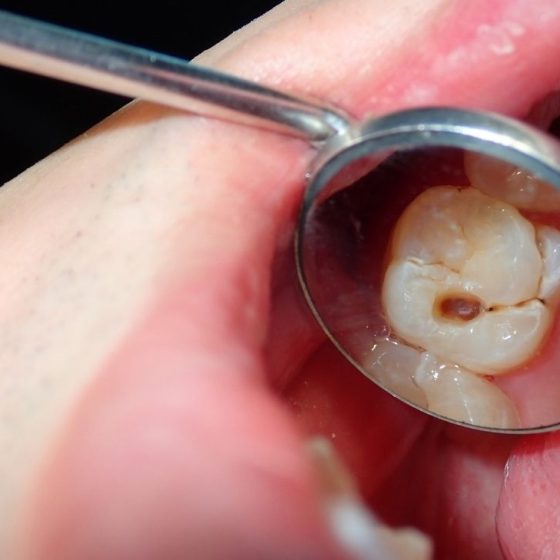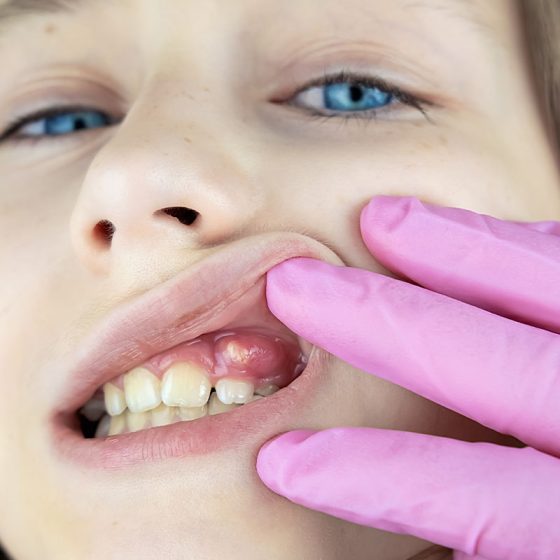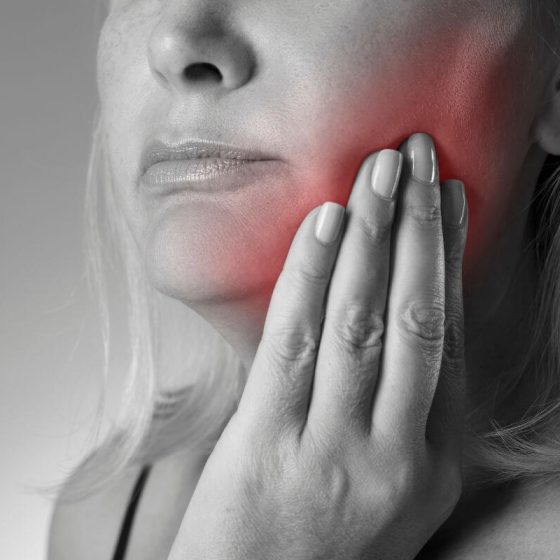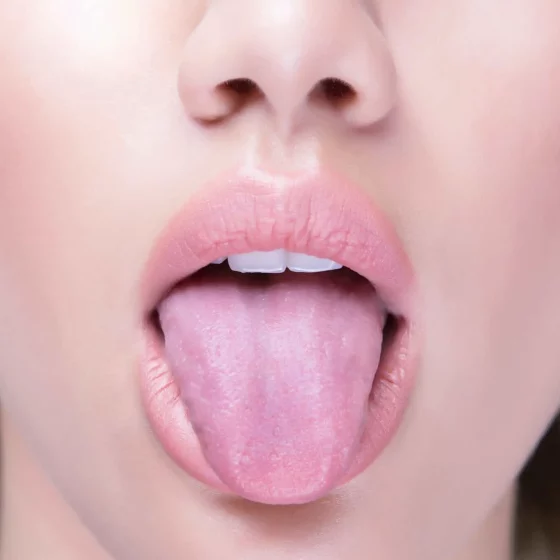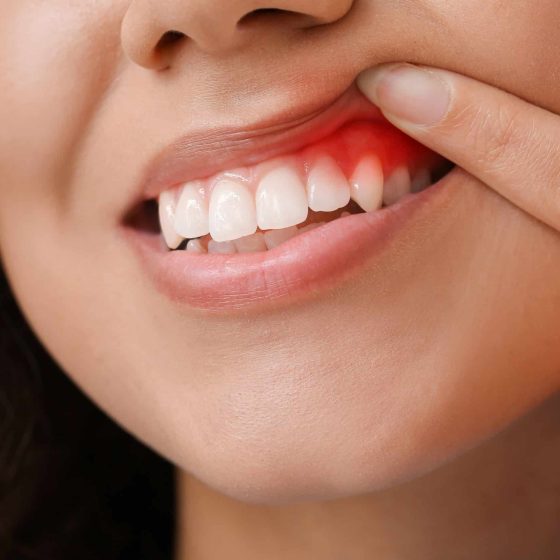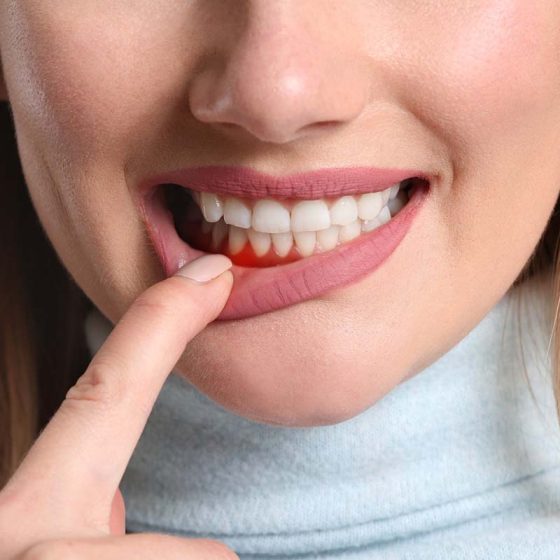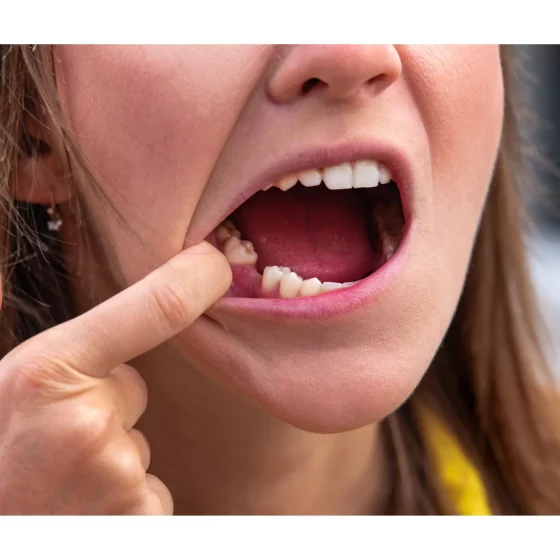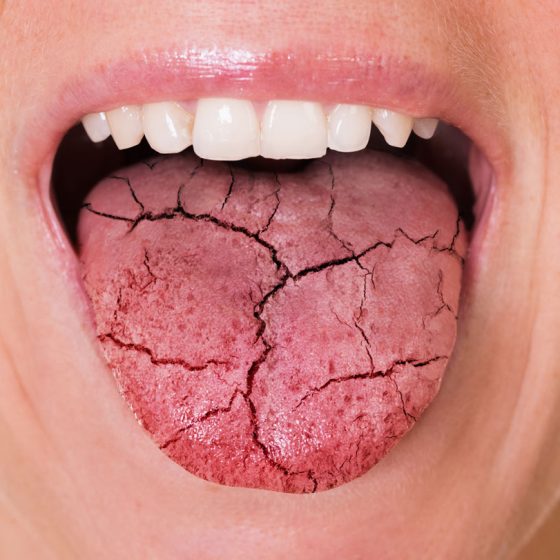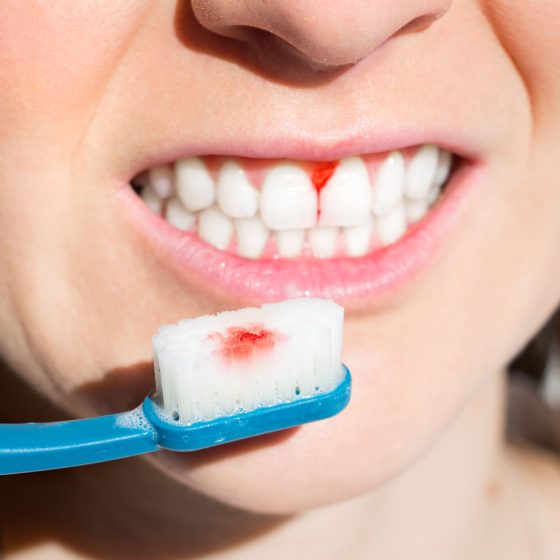Tooth decay
Key facts Tooth decay is caused by plaque and may lead to a cavity (hole) in your tooth. It can affect people of all ages, even very young children. Tooth decay is strongly related to what you eat and drink. You can help stop tooth decay by caring for your teeth, eating a healthy diet, and visiting your dental practitioner regularly. What is tooth decay? Tooth decay is caused by plaque — a sticky layer of bacteria (germs) that forms on your teeth. The germs come from your saliva. The bacteria turn the sugar in food and drinks into acid.

